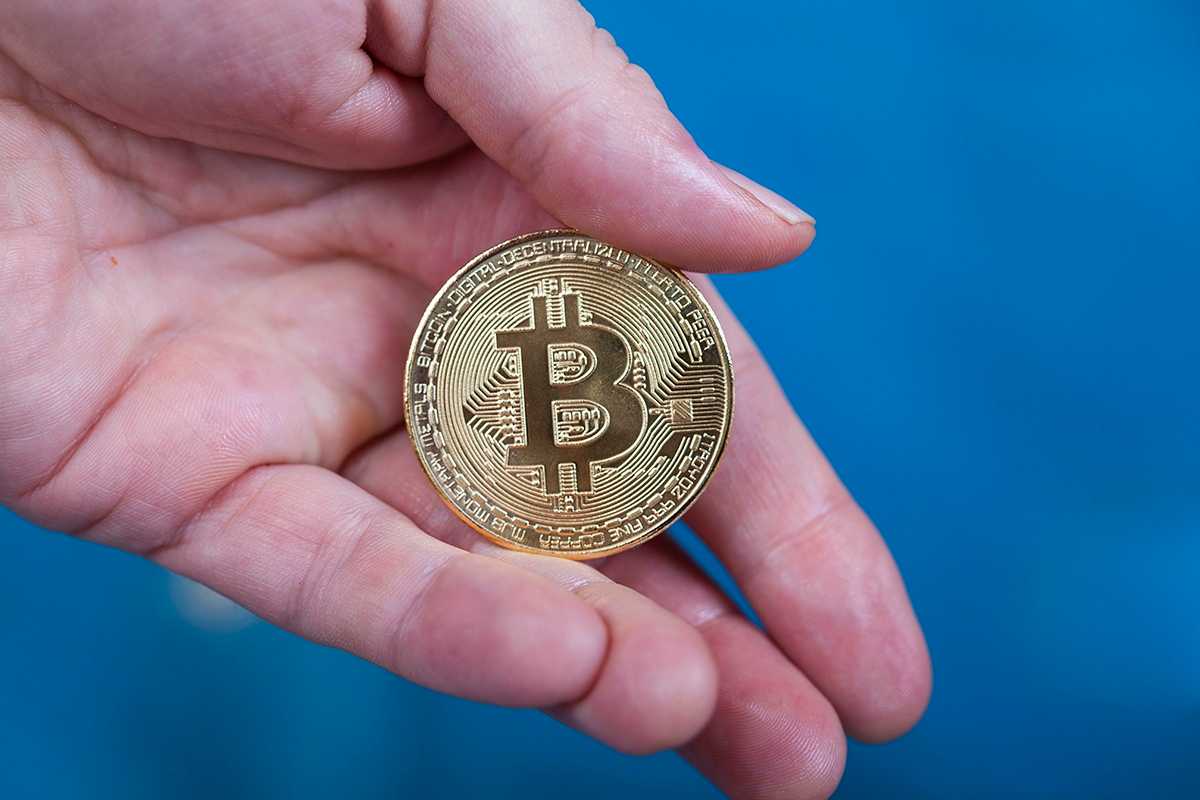David Agullo
What Are The Rules That The US Regulators Racing Towards?

Federal regulators are hurrying to address the potential hazards for consumers and financial markets after mostly remaining silent for years as Bitcoin blossomed from a digital curiosity to a volatile but broadly appreciated invention.
Their fears have only intensified as both new and established businesses have hurried to discover ways to benefit from transferring the huge wealth housed in Bitcoin into the regular financial system via quasi-banking services such as interest-bearing accounts and other services.
Cryptocurrencies, which are primarily used for speculation, are increasingly transforming banks and finance, with governments releasing their own digital currencies to supplement or possibly replace traditional currencies. It raises the question of whether it is required.
Now, the Treasury Department and other agencies are focusing intensively on a fast-growing commodity known as a STABLE COIN as a first target for tougher regulation.
A Regulated Economy: Stablecoins, which are issued by a number of companies and are now only loosely regulated by a patchwork of state regulations, act as a link between cryptocurrency markets and the regular economy.
Stability: A stablecoin’s value is supposedly fixed one-to-one to the US dollar, gold, or any other stable asset. The goal is to make it easier for those who own bitcoin — which is known for its wild price swings — to conduct activities like as purchasing goods and services or earning income on their cryptocurrency holdings.The use of stablecoins is rapidly increasing, and regulators are growing concerned that they are not truly stable and could lead to a digital bank run. Dollar-tied stablecoins like Tether token, USD Coin, and Pax Dollar have seen their circulation increase from $30 billion in January to almost $125 billion as of mid-September this year.
A Full Proof System: When the software system processing these transactions meets a large number of concurrent transactions, the rules are always fluid enough for reserves to satisfy redemption demands and robust enough to avoid crashes and severe slowdowns. They stated that they would most likely be forced to be.They projected that in the process of developing new stablecoins, there will be requirements for security systems to protect privacy and data, as well as consumer protection measures. Separately, the Treasury Department is working on laws to restrict the use of cryptocurrencies in unlawful operations including money laundering and tax evasion.
The rules will almost certainly require that reserves be liquid enough to meet redemption demands at all times, and that the software systems that handle these transactions be robust enough to avoid crashes and severe slowdowns when dealing with large numbers of transactions at the same time.
In addition to cash and short-term Treasury bonds, which are considered safe and easy to redeem, stablecoin issuers, such as USDT and USDC, have, at least until recently, held reserve assets such as unsecured debt in corporations, which is much riskier and more difficult to convert into cash quickly, especially during times of financial turmoil. Commercial paper is intertwined with other important elements of the financial system.
The rules will create winners and losers, with some industry players better positioned to embrace them than others, who may have to change their business models to get in line.
Industry officials are expected to present their case to cabinet secretaries, Federal Reserve governors, key White House staff, and congressional leaders on the Senate Banking and House Financial Services Committees in an effort to prevent emerging regulations from impeding industry growth.
In addition, crypto companies and trade associations are increasingly hiring lobbyists and former regulators in Washington to advocate on their behalf.
Latest
News
03 Feb 2026












